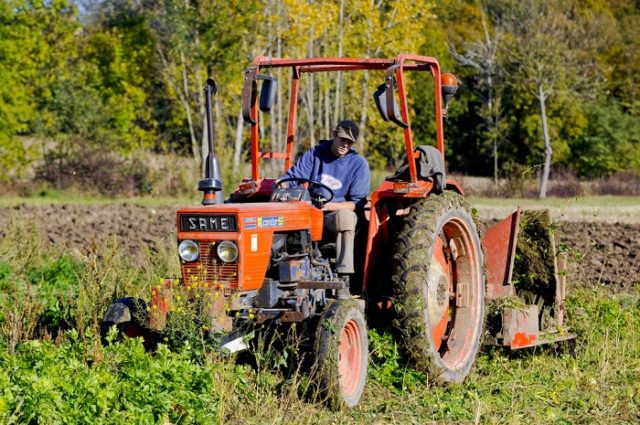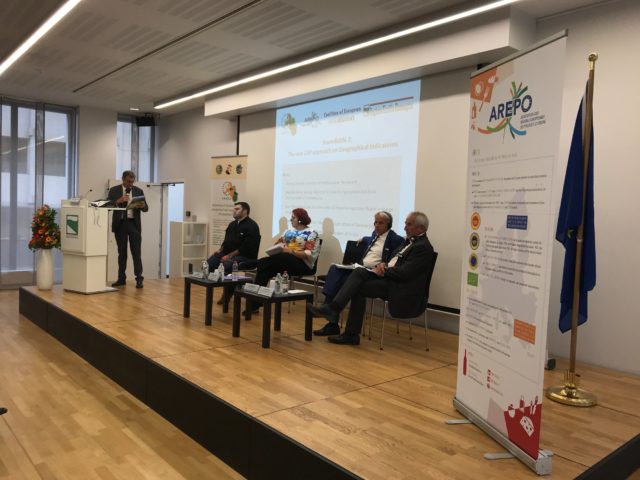The debate on the future of common agricultural policy (CAP) post 2020 has unleashed strong societal demands for a renewed policy capable to deliver environmental and socio-economic public goods, including the preservation of Europe’s natural and cultural heritage.
AREPO contributed to this discussion with a position paper focused on Geographical Indications (GIs) and quality schemes in order to strengthen the support for these products in the next CAP. GIs not only are a cultural public good per se but also contribute to deliver important socio-economic and environmental public goods in line with European Union (EU) priorities.
AREPO is calling for a new CAP approach, capable to provide high quality food and to contribute to EU priorities in term of sustainable rural development. A more proactive CAP supporting GIs is not only justified by their multiple and specific ties with public goods, but also needed to strengthen this linkage between GIs and public goods. The entire GI constitution and valorisation process needs to be supported to maximize potential benefits. It is therefore essential that they are not neglected by EU policies.
For this reason, AREPO asks for a CAP that prioritises, both through the rural development and the first pillar, the environmental and socio-economic services that producers provide to society.
In this perspective, GI products are part of the broader rural development policy and can be seen as one important tool for achieving its objectives. For this purpose we suggest to adopt specific measures on GIs as well as to introduce a horizontal priority for GIs and quality products in rural development policy. There is no single “appropriate policy” for all GIs products, so different support tools are required. That is why these two complementary approaches need to be implemented simultaneously to mutually reinforce one another.
The EU recognises that quality schemes can benefit the rural economy, particularly less favoured areas like mountain areas and most remote regions. Furthermore, quality policy is a major pillar of the European sustainable food system. Nevertheless, their enormous potential is still underutilized in the EU and a renewed attention from policy makers is needed to unlock it. Thus, CAP should support the functioning of this virtuous economic model capable of delivering public goods.





